Decadent Doors and Sprawling Shores: The Wonder That Is Portuguese Architecture
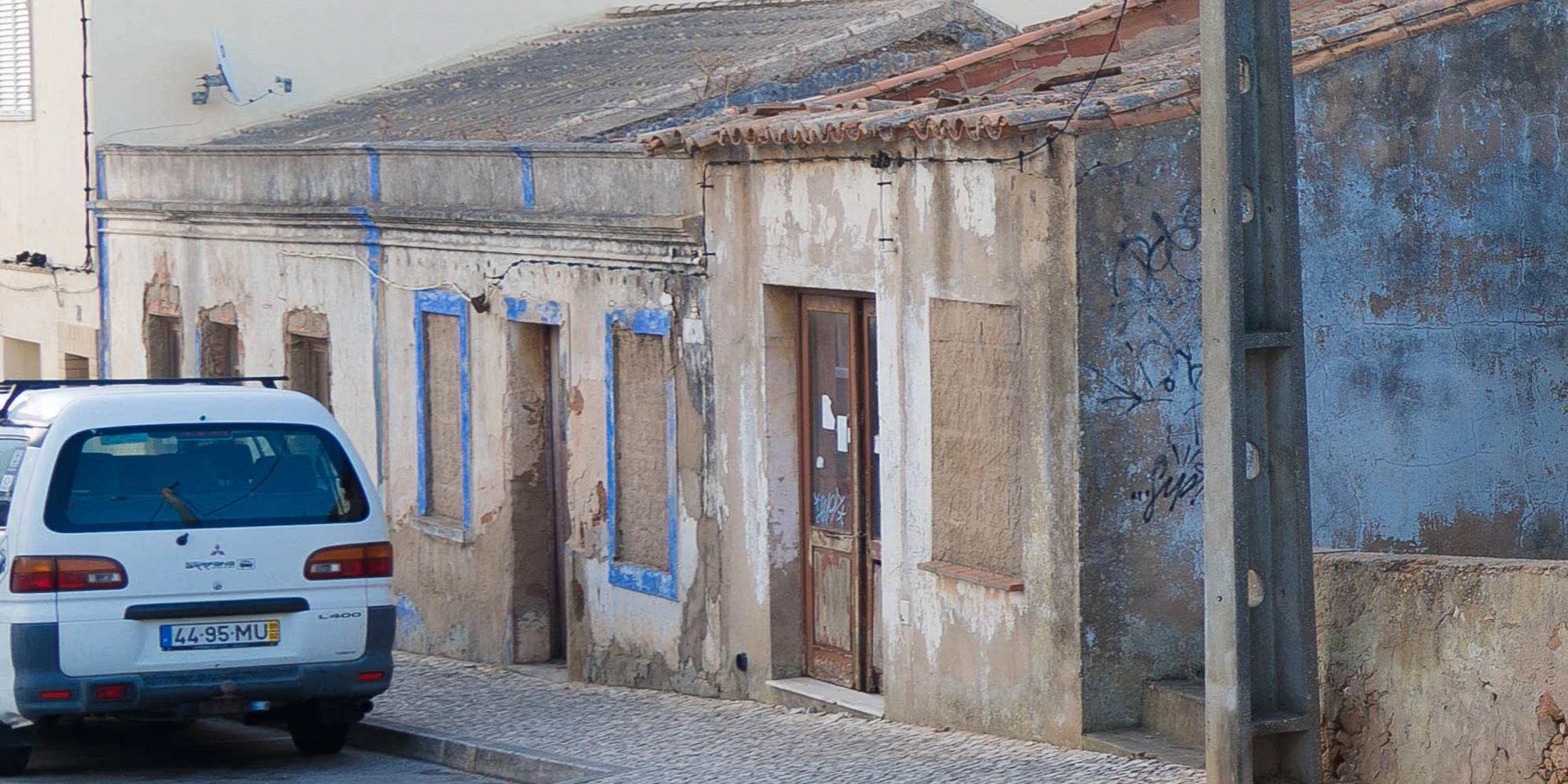
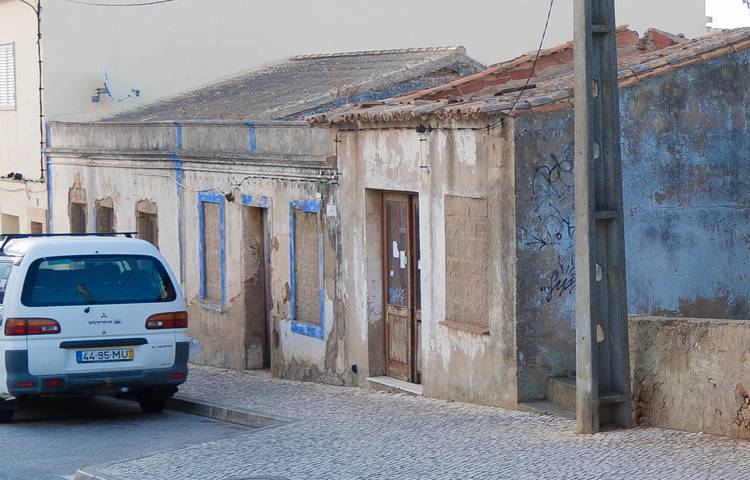
With such a colourful history, it’s hardly surprising that Lagos’ architecture mirrors this tenfold. Once inhabited by Moorish people and now a bustling tourist town, Lagos has had to adapt numerous times throughout its existence. This is made apparent by the marina that sits to the edge of the city, its sleek ships and upmarket restaurants crafted to accommodate the masses. The old town, cordoned off behind 16th century walls, sits in stark contrast to this, with rustic buildings and narrow streets echoing its ancient past. Due to its diverse antiquity, it is difficult to pin point a particular era to anything built there. It sits much like a patchwork quilt on the coast, pieces borrowed from Romans, Moroccans and Lusitanian’s, broken apart by The Great Earthquake in 1755, and then stitched back together once more to become the sprawling coastal city it is today.
An eclectic mix to be sure, but there is one thing that is certain: it works. Much like the oddments of furniture you would find in your Granny’s cottage, nothing matches and yet it always feels like home. Though the chapels and walls are what put Lagos in tourist guides, it is when traversing the narrow city streets that you find the true architectural gems of this city. Lavish doors and colourful casements line the streets above the Roman style mosaic pavements, adding pops of colour amongst the peeling paint and scrawls of graffiti. The majority of doorways have been whitewashed over, and yet the tell tale signs of azure blue or canary yellow often still peek through. According to ancient Algarve culture, these colours link to old traditions of luck and superstition. Blue, in particular, is linked to warding away ghosts and evil spirits whilst yellow is supposed to bring the householder good fortune. Contrarily, the high-density use of blue could just be related to the towns naval history, a reminder of their ancestors sea faring ways and the naval excursions that took place in the 16th and 17th centuries at the mouth of the Bensafrim River.
It also came to my attention that a lot of the doorways are shaped in a rather unique way, with the top carved into a slight curve- another thing typically found within Moorish temples across South Eastern Europe. Some of the doors themselves have a slight Baroque feel to them, adorned with sweeping carvings and rich colours to boot. Others, however, are far more rustic and sit in standard rectangular archways, sporting deep earthy browns and forgoing any latticework for slightly shabbier standardised shuttering. In some houses, grandiose steps greet you whilst others sit parallel to the street. Remarkably, no one place I photographed was the same, once again leaving me awestruck by a culture so different from our own.
It’s not only the doors that differ throughout the area, however. The window and door furniture varies also, but on a slightly smaller scale. Some occupants tend to favour the Fleur-De-Lis style furnishings in a black or gold finish, whilst others go for a less traditional approach, opting to paint their thumb latches in bright turquoise. A brave choice to be sure, but somehow it just works. I pondered this as I walked the crazy paving pathways and looked up at the green tiled housing and came to the conclusion that Lagos is exactly that- a culmination of architectural bravery sourced from a myriad of historical influence- something that is, quite simply, inspiring.


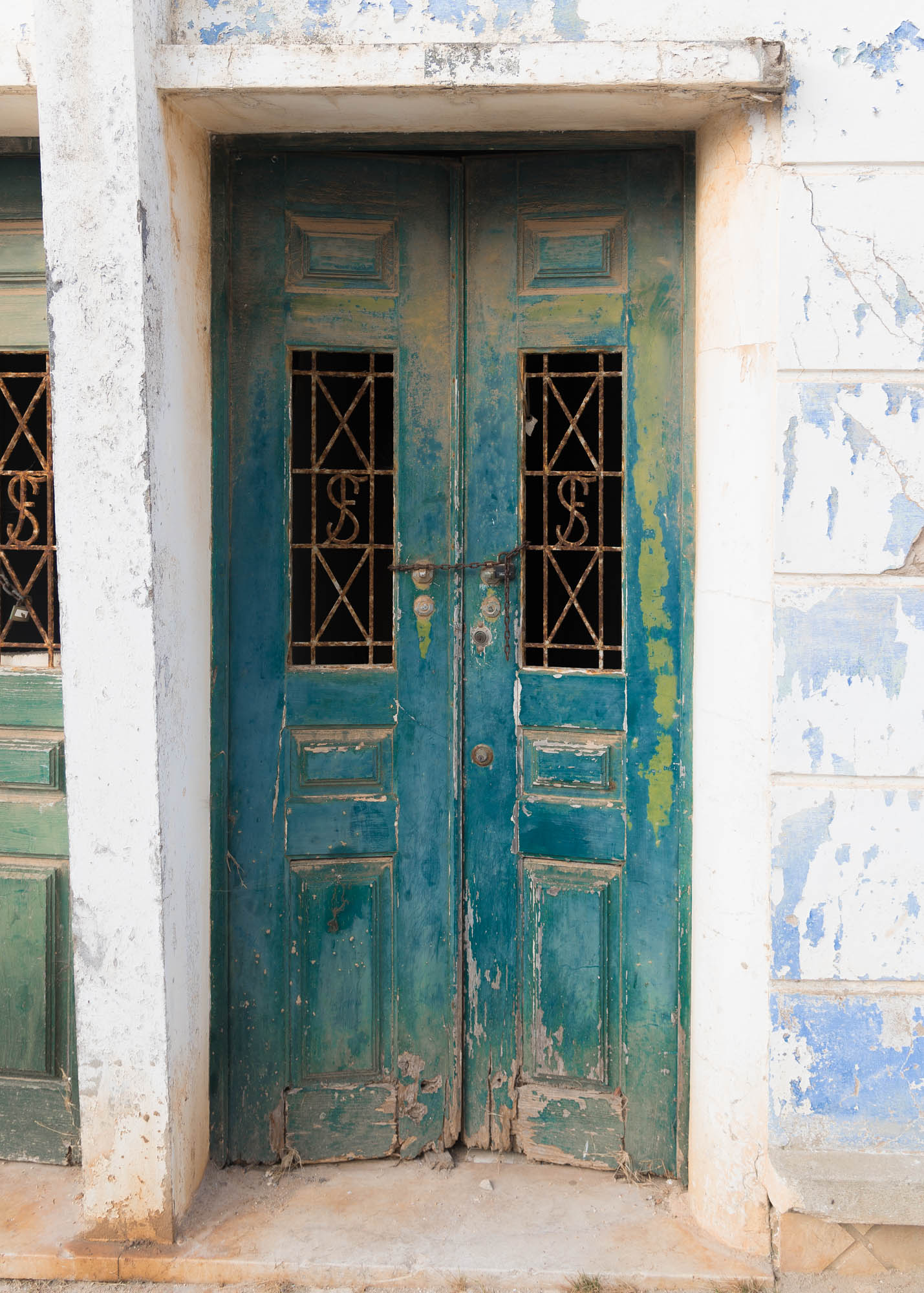
















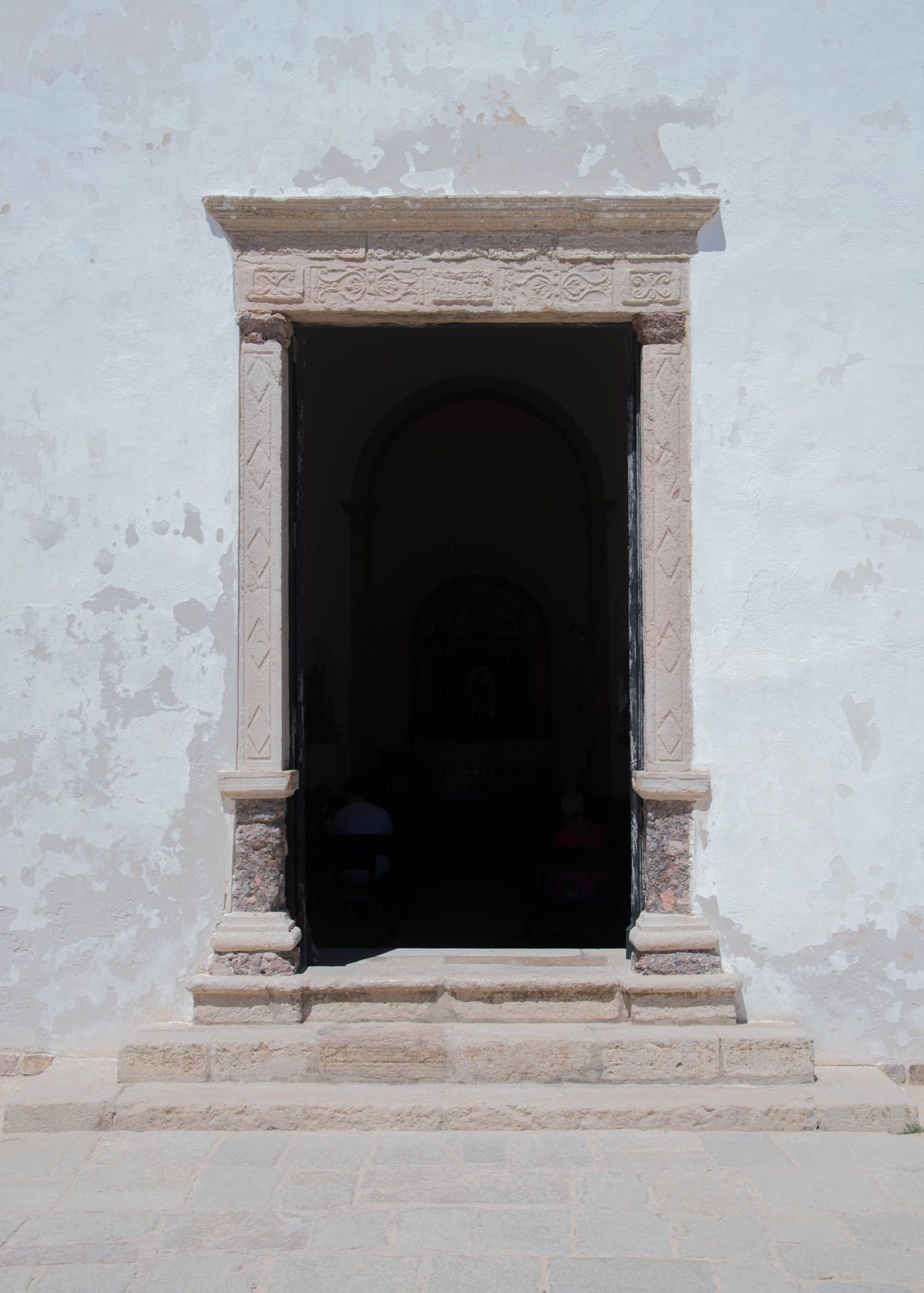



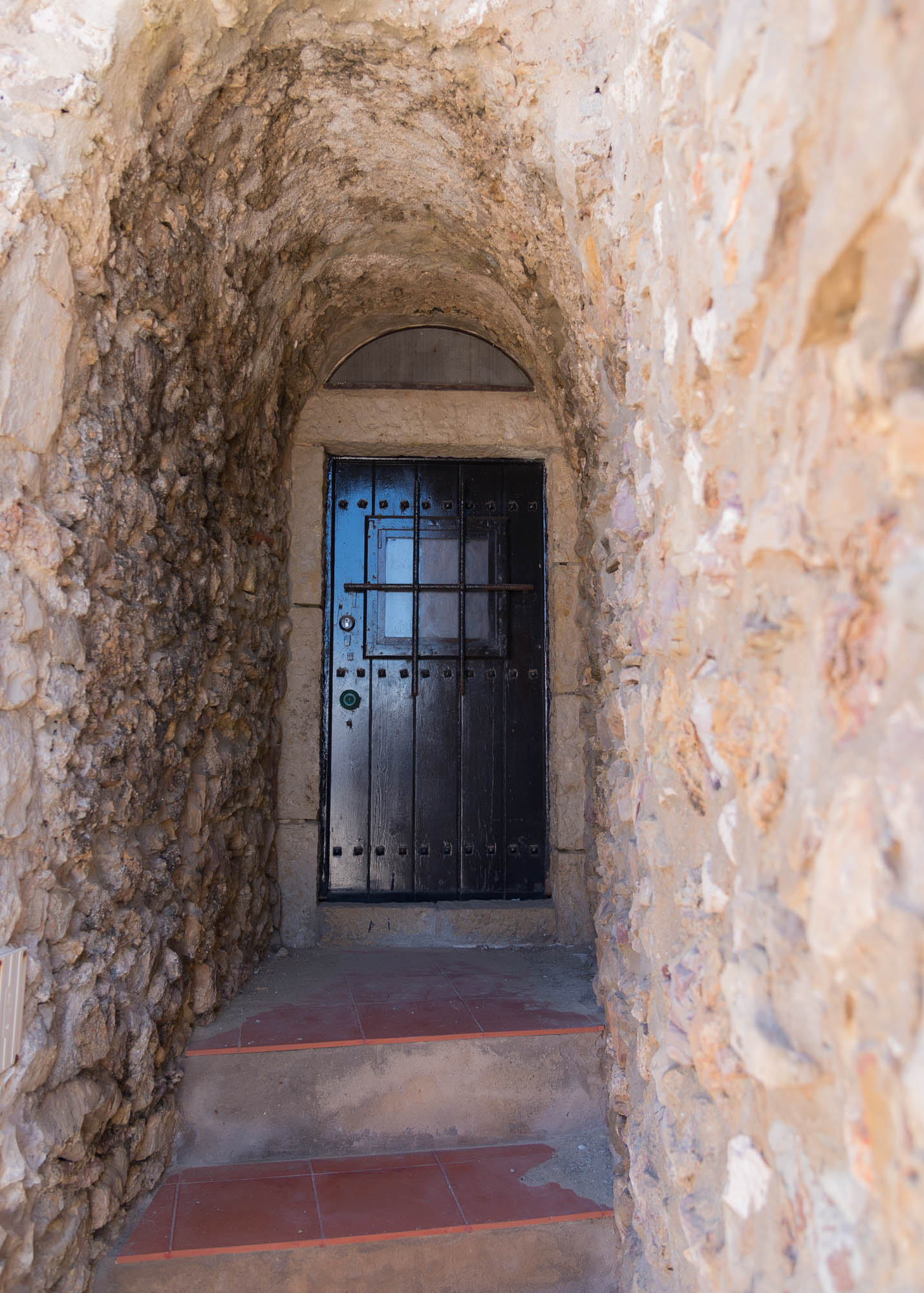











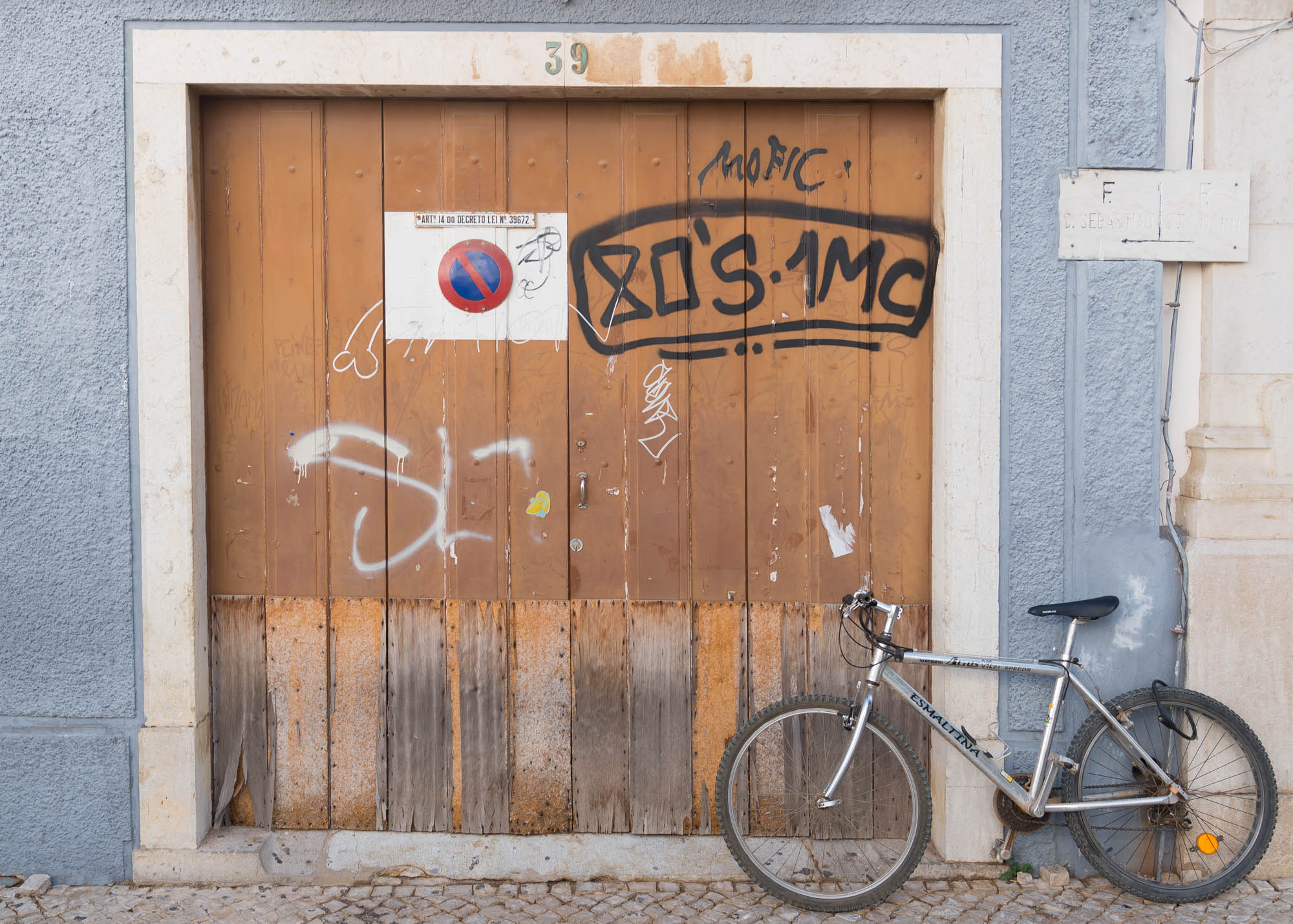
 [/gallery]
[/gallery]

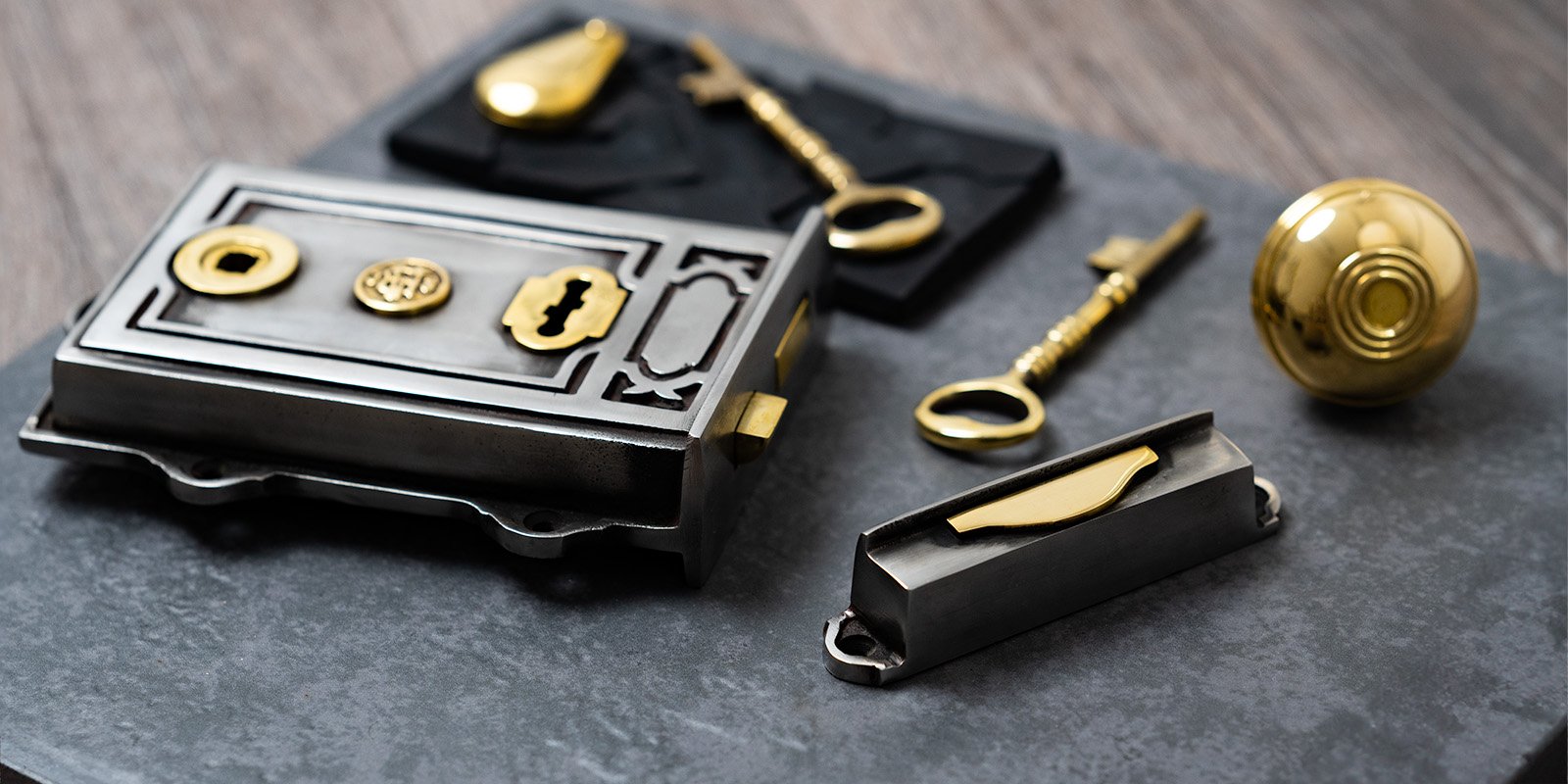








110 comments
Andrew on Aug 29, 2016
Fascinating. Resonates with experience of Cuba, earlier this year.
Alan Smith on Aug 18, 2016
Excellent write-up, good photographs, definitely give a good feel to the Portuguese ambience.
Andrew on Aug 29, 2016
Fascinating. Resonates with experience of Cuba, earlier this year.
Alan Smith on Aug 18, 2016
Excellent write-up, good photographs, definitely give a good feel to the Portuguese ambience.
Andrew on Aug 29, 2016
Fascinating. Resonates with experience of Cuba, earlier this year.
-
1
-
2
-
3
- …
-
22
Next »